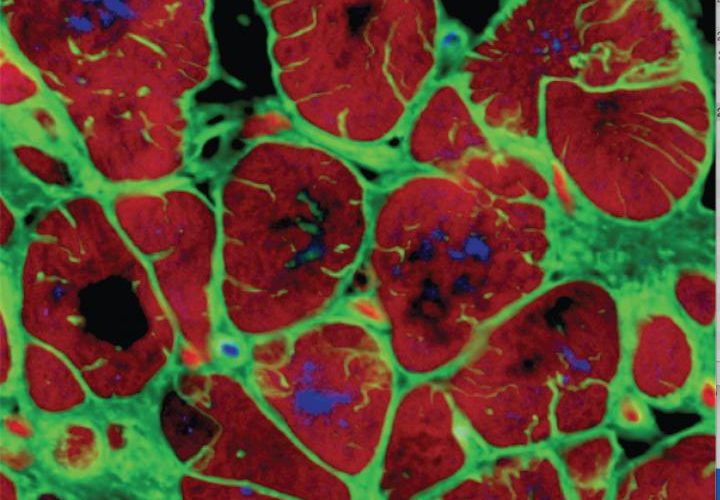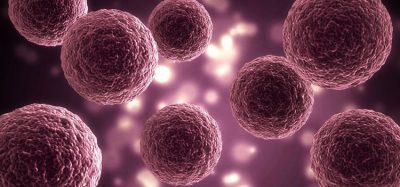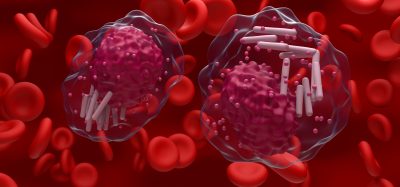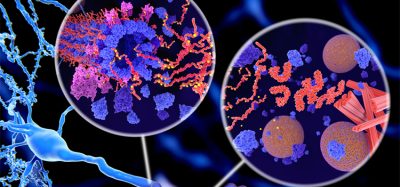New agreement to progress cardiovascular disease research
Posted: 26 July 2024 | Drug Target Review | No comments yet
The agreement between Cartherics, The University of Sydney and The University of Queensland will further stem cell-derived heart muscle therapy for heart failure.


Cartherics Pty Ltd, a biotechnology company developing immune cell therapies for cancer treatment, has entered into a Material Transfer Agreement (MTA) with The University of Sydney and The University of Queensland (UQ). This will enable access to one of Cartherics’ iPSC lines to develop iPSC-derived cardiomyocytes (iPSC-CMs) for the treatment of cardiovascular diseases, under a Medical Research Future Fund (MRFF) Stem Cell Mission grant.
Also, Cartherics has entered into a Technology Licence Agreement (TLA) with UniQuest, The University of Queensland’s commercialisation company and The University of Sydney.
iPSC-CMs
iPSC-CMs provide an innovative platform to model cardiovascular diseases, enabling researchers to investigate toxicity and potentially produce personalised regenerative therapies that are more relevant to human physiology and reflect the genome of the subject. As well as this, the derivation of these cells is minimally invasive, and in theory could provide an unlimited supply of human cardiomyocytes.
Dr James Chong, professor of cardiovascular medicine at The University of Sydney and Dr Peter Gray, professorial research fellow at UQ’s Australian Institute for Bioengineering and Nanotechnology (AIBN), will lead the research, supported by the $4.9 million MRFF grant. Dr Chong commented: “I am excited about this partnership progressing our stem cell derived heart muscle therapy for heart failure.”
“The project involves an excellent collaboration between Cartherics, the team at AIBN who have developed a bioprocess for the scalable production of high-quality cardiomyocytes, and Professor James Chong, a clinician and researcher who, with his team at University of Sydney, have developed large animal models of cardiovascular disease,” Dr Gray added.
The TLA
UniQuest and The University of Sydney have the exclusive right to the Cartherics’ iPSC line in the cardiovascular disease space. They will commercialise the iPSC-derived cardiomyocyte products developed.
Cartherics will obtain access to the technology developed by the two universities related to propagation and characterisation of the iPSC line and cells derived from it, which can be used outside of cardiovascular disease research.
Dr Alan Trounson, Chief Executive Officer of Cartherics, concluded: “Cartherics is enthusiastic about the development of innovative cellular therapies for regenerative medicine and is pleased to have been able to provide access to one of our stem cell lines to allow UQ and The University of Sydney to advance their MRFF project.”
Related topics
Disease Research, Induced Pluripotent Stem Cells (iPSCs), Stem Cells, Therapeutics
Related conditions
Cardiovascular disease, Heart failure
Related organisations
Cartherics, The University of Queensland, The University of Sydney








